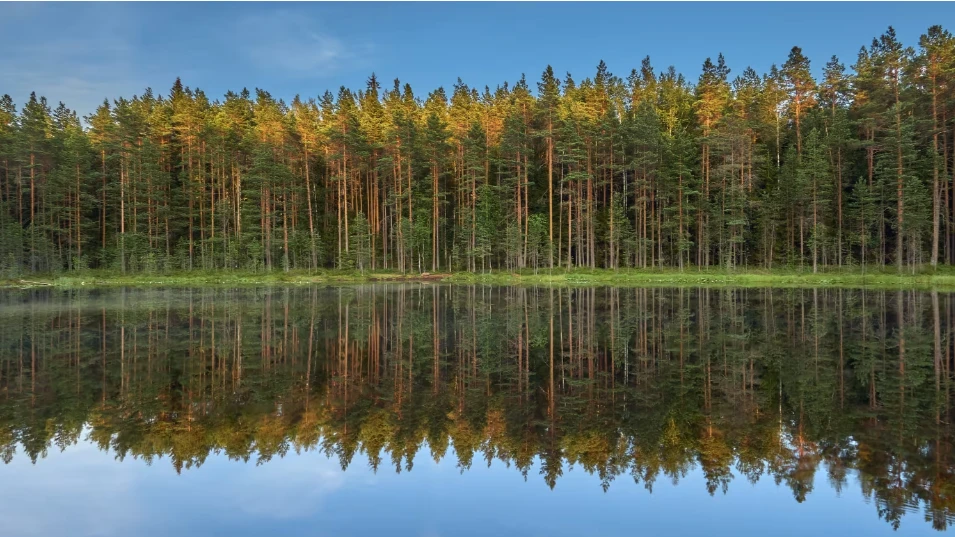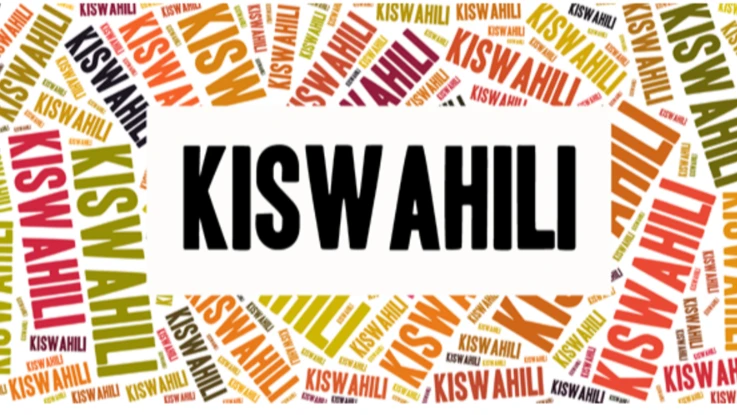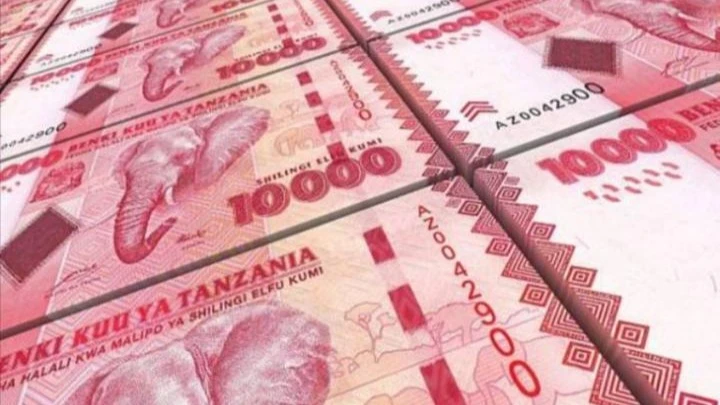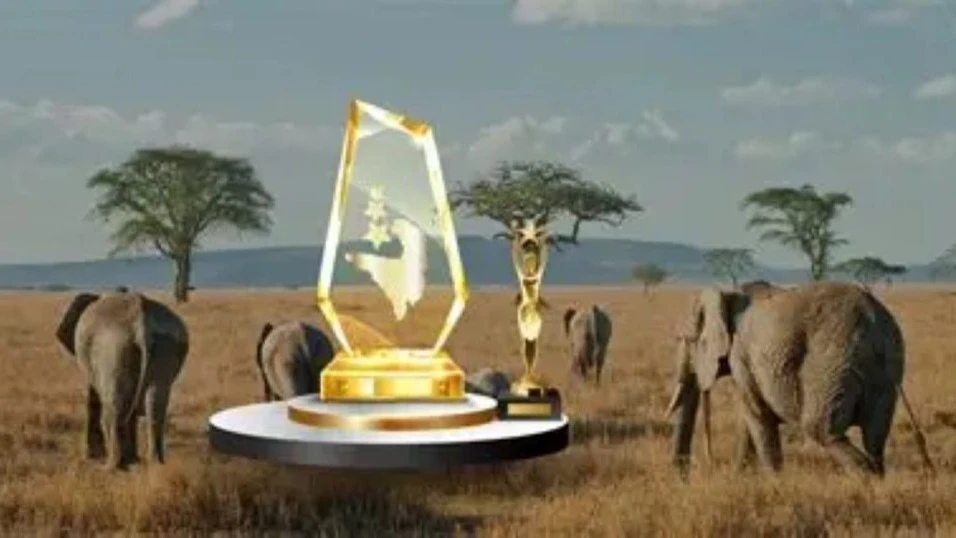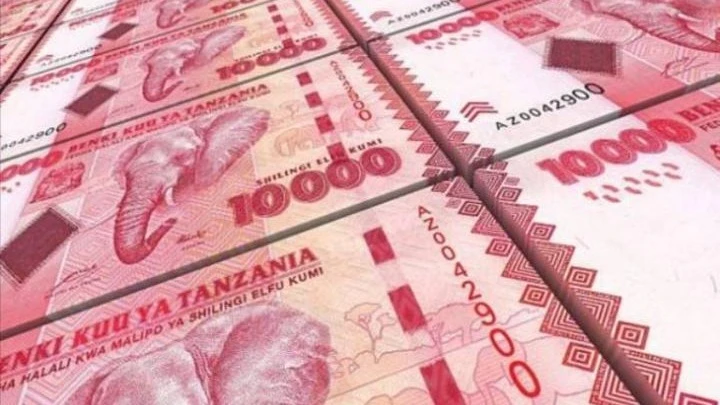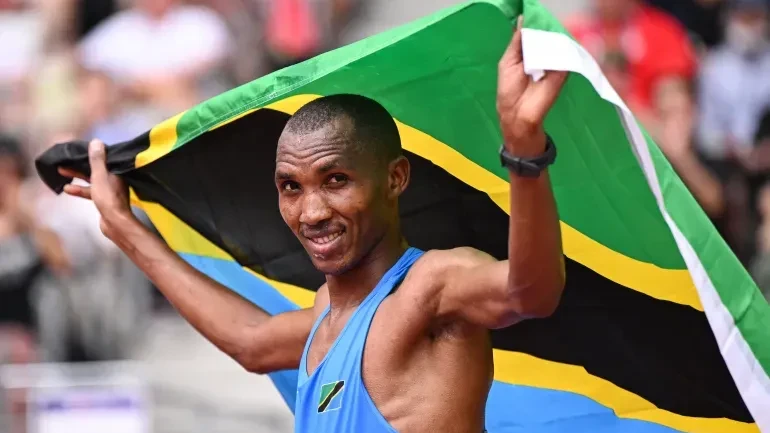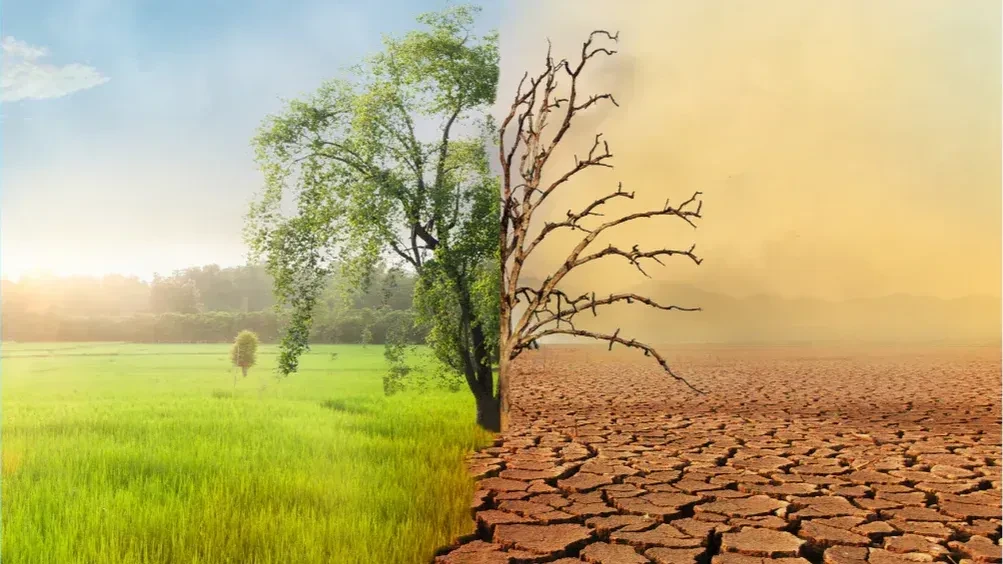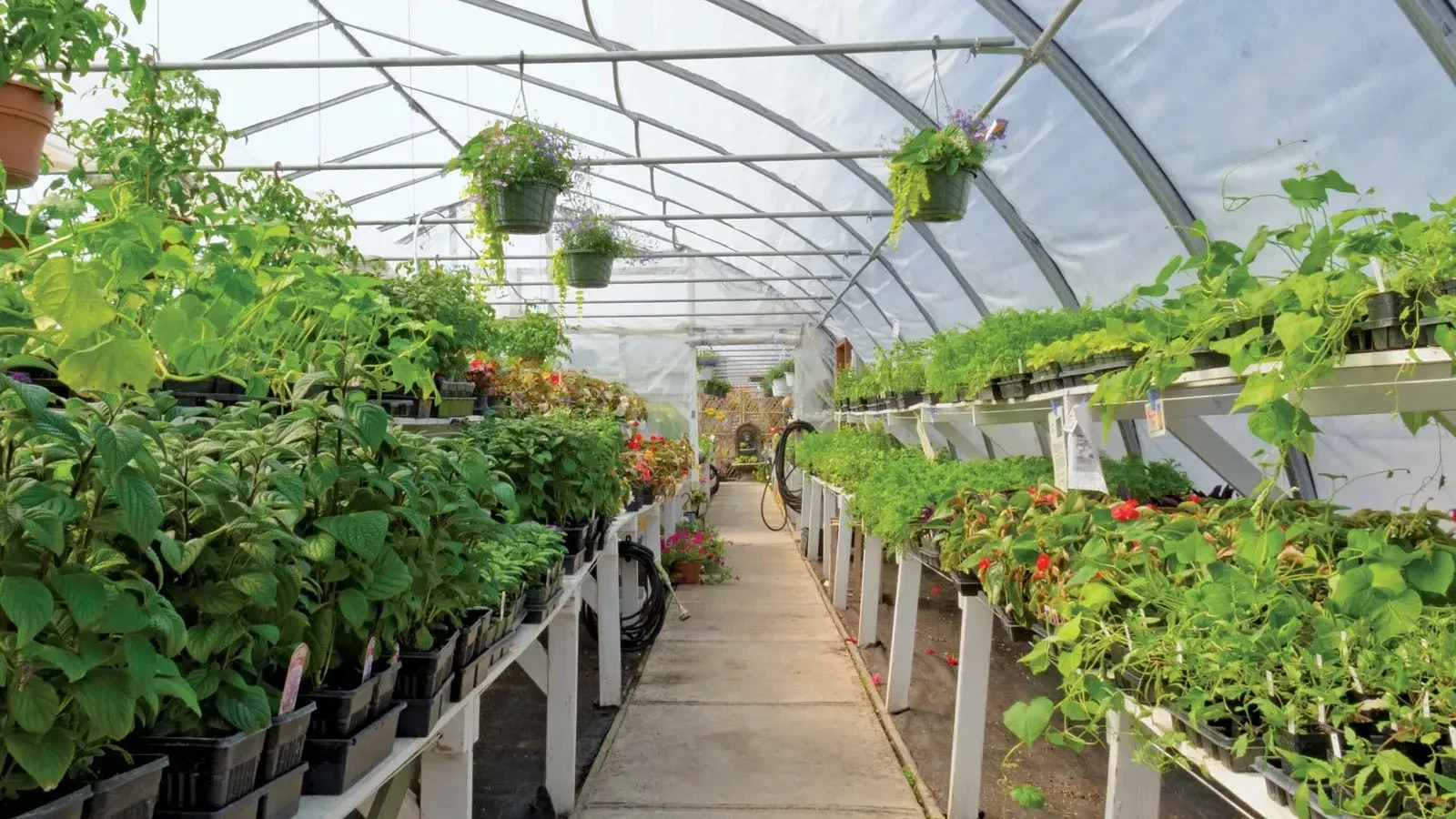NGOs can make a difference in tackling Lake Victoria pollution
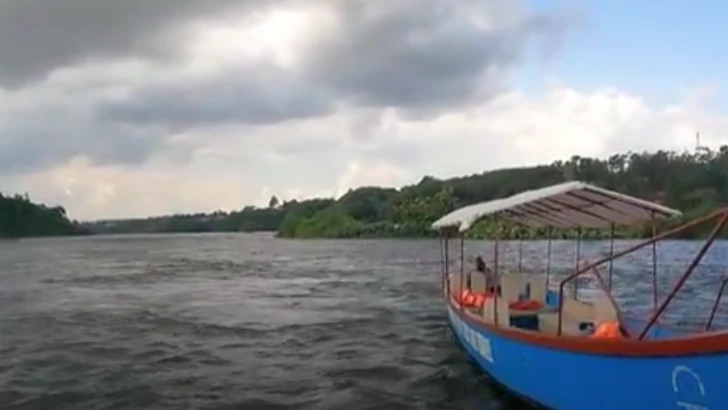
LAKE Victoria zone stakeholders heaved a sigh of relief following reports that NGOs operating under the Green Global Funds and the Global Alliance for Green & Gender Action initiative have been teaming up to start work on ways to mitigate pollution in the giant lake
Local NGOs are being urged to design sustainable projects aimed at controlling pollution in the lake and reducing dependence on external donors. The appeals apparently come in the wake of repeated failure to elicit interest from the World Bank and other multilateral lenders on the matter. It implies that the new environmental initiatives coalition has a different work method.
A Women Action on Eco-Health and Legal Rights coordinator spoke on the initiative at an environmental conservation and accountability seminar organised for NGOs working in Mwanza Region and focusing on controlling plastic waste in in and around the lake.
Apparently, plastic waste remains the largest source of pollution in the lake, which ordinarily calls for specific actions by environmental authorities via local government entities
Their capacities are limited and there is little room for big credit facilities for the purpose, which diminishes the scope for central government action tied to disbursing public funds or obtaining multilateral credit – neither of which looks promising at the moment.
While the thrust was on the mobilisation parameter, that the situation will sharply deteriorate unless communities and NGOs take deliberate measures to transform this challenge into an opportunity, the real significance lay elsewhere.
It lies in the potential to take effective action, and that is why there was need for new stakeholders and project movers whose own sphere of interest or disposal of credit is not yet exhausted or it becomes the new source of hope after traditional funding channels are largely exhausted.
The formulation on the spot was fairly routine, including that most of the waste that ends up in Lake Victoria is plastic, and hence the need for organisations working to uplift communities and protect the environment to lay a strategy.
What they want is to develop projects that turn plastic waste into raw materials and useful products, hence creating value, improving livelihoods and promoting environmental protection, with all such projects not exactly on the rollout list of multilateral lending for now.
Nor could they be met by localised community lending – or at least not much effort in that direction has been hard of as yet.
That NGOs are stepping in has to do with there being an opening for some uplift for women via plastic waste value creation, thus killing two birds with one stone.
The difference is that multilateral lenders think that waste disposal and its components are municipal business, while fund holders for green projects with a gender dimension see it as an opportunity.
Top Headlines
© 2025 IPPMEDIA.COM. ALL RIGHTS RESERVED






